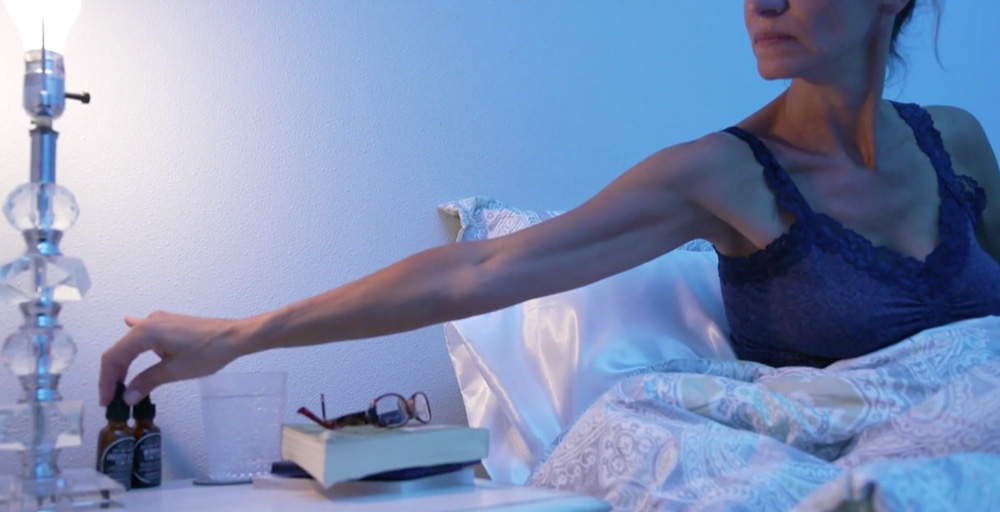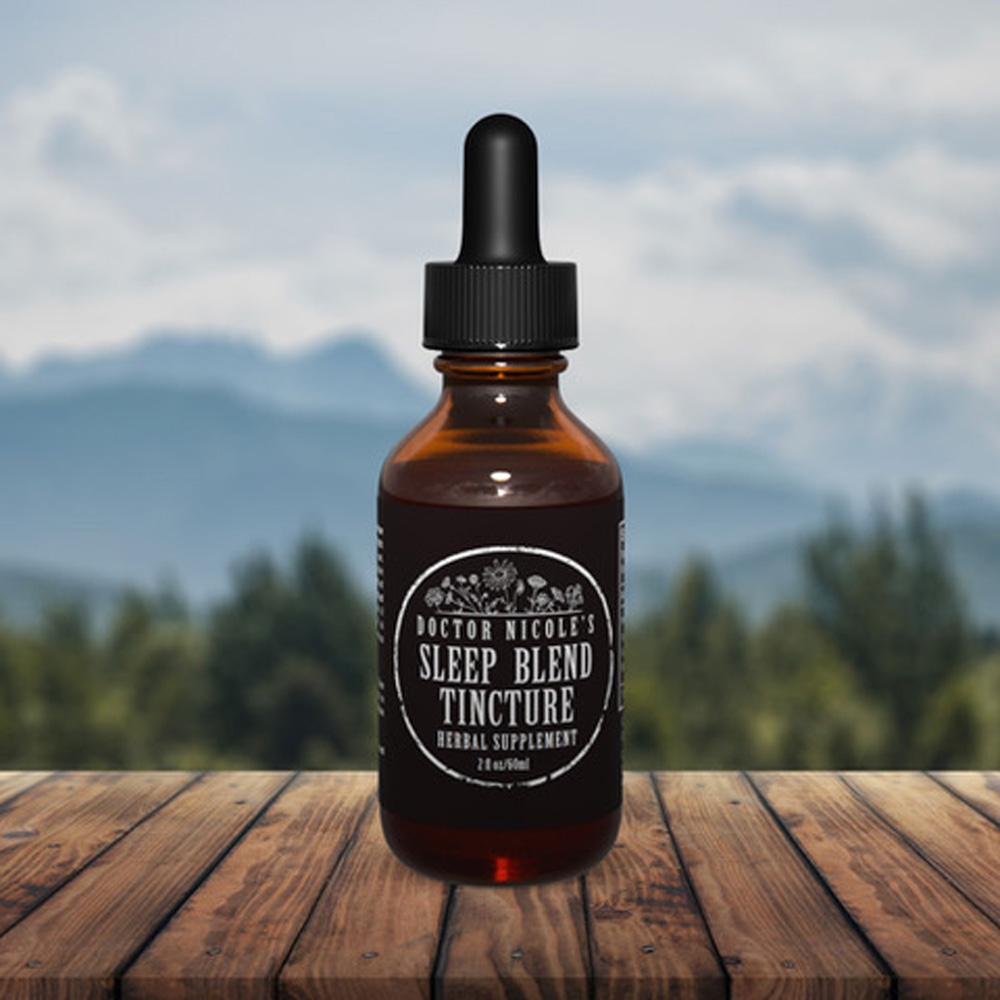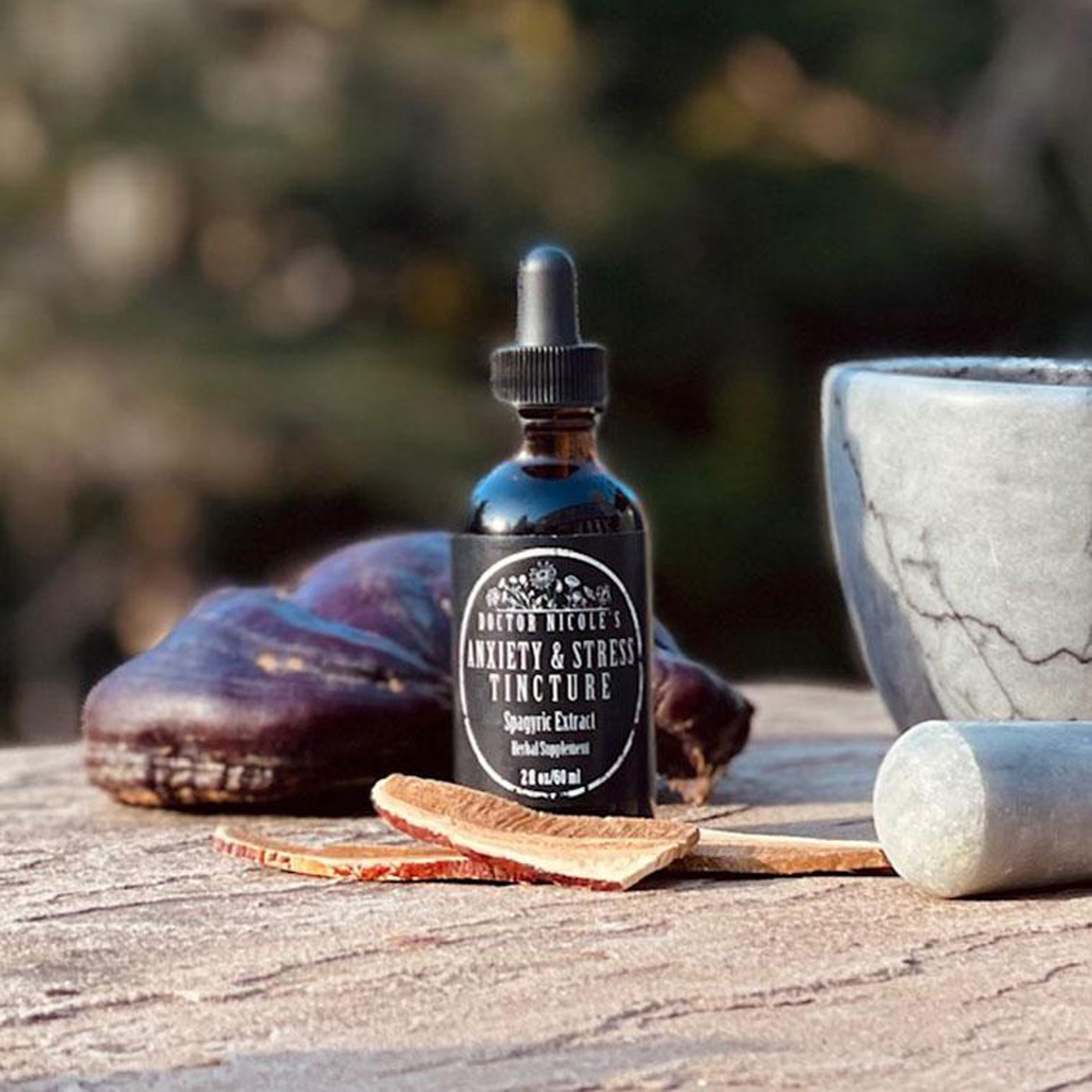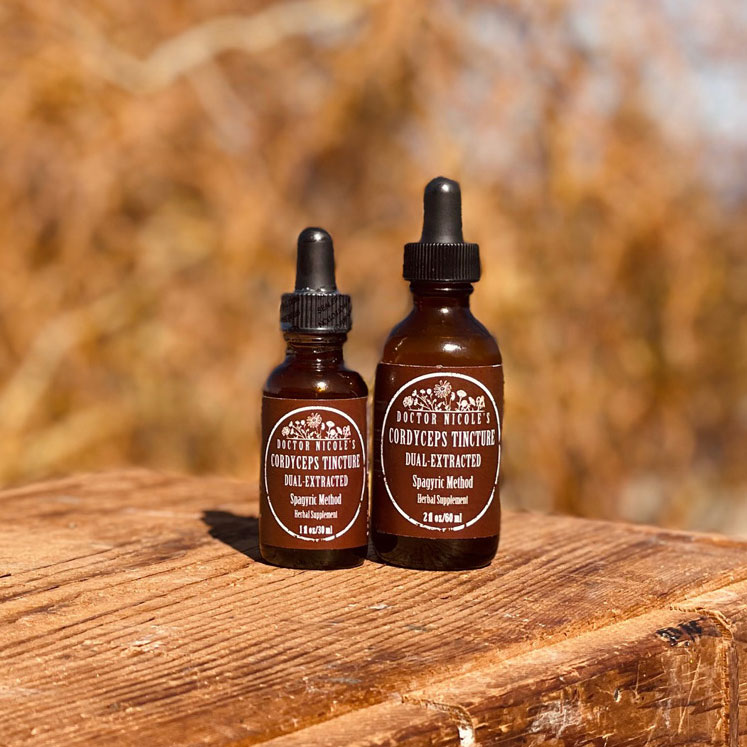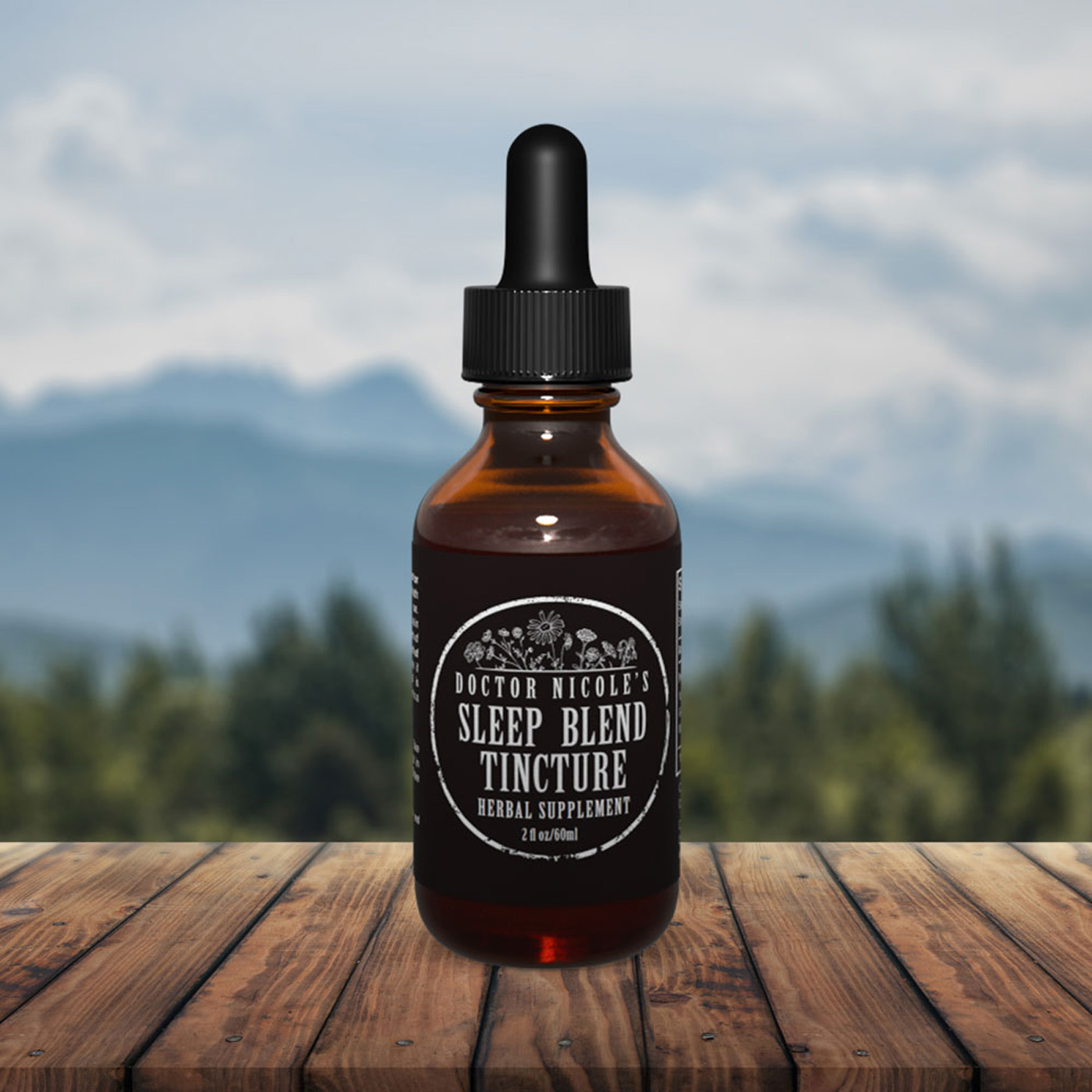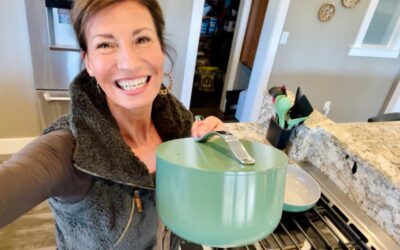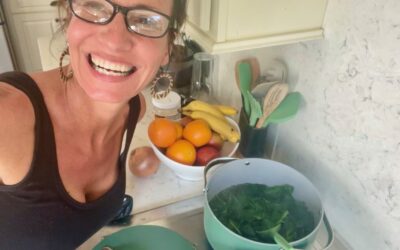Serious Health Impacts
A surprisingly common condition, sleep apnea is associated with repeated pauses in breathing while you are sleeping, and then being briefly startled awake when breathing resumes. It not only causes fatigue the following day from poor sleep, but apnea is also associated with heart disease, diabetes, and other health issues. It impacts every bodily system, including: respiratory, endocrine, digestive, circulatory, nervous, and reproductive.
Due to the lack of quality sleep, those with sleep apnea can also experience an increased risk of depression, anxiety, and irritability. Immunity and cognitive and mental health suffer significantly. Apnea also causes reduced oxygen intake. Needless to say, if you suspect you may be suffering from apnea, it’s important to address the underlying causes sooner rather than later to avoid chronic health issues.
What Causes Sleep Apnea?
When your airway is blocked, restricted, or collapses during the night, sleep apnea can ensue. Once your breathing starts again, many times it is accompanied by a loud snore that wakes you up — as well as anyone else in the room. There are several health conditions that put you at greater risk for sleep apnea, such as high blood pressure and obesity.
A glutamate-GABA imbalance can also contribute to the condition. One study found that high glutamate and low GABA (gamma-aminobutyric acid) in the brain can contribute to the condition as it indicates that the body may be unable to relax.1 This corresponds to HPA axis over activation, which is the body’s stress response system. Studies show that chronic stress can lower brain GABA, which then results in HPA imbalance.2 It creates a vicious, perpetuating cycle of stress, GABA reduction, and HPA dysfunction (often called “adrenal fatigue”). In order to break this negative feedback loop, you need to address the root cause: chronic emotional and/or physical stress.
My post, “The True Cause of “Adrenal Fatigue” — And How to Heal It” has a range of tips on how to heal HPA issues. Additionally, If you would like to learn more about balancing glutamate and GABA naturally, see this article.
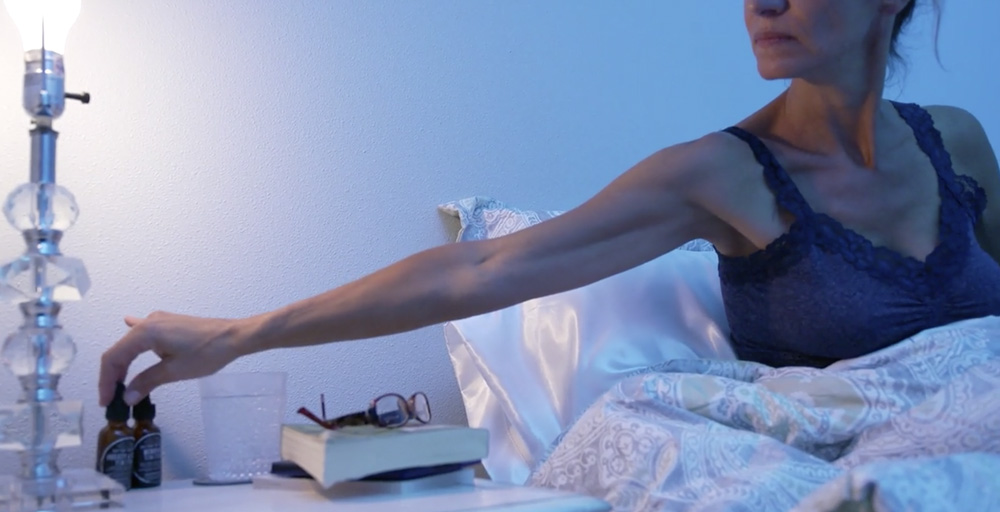
Best Practices
Lifestyle habits can significantly reduce, if not eliminate, sleep apnea. Here are several to get you started:
Maintain a healthy weight. This is the number one habit you should adopt if you are carrying extra pounds. Since sleep apnea is directly linked to excess weight, slimming down is one of the best solutions. See my post, “3 Simple Science-Backed Methods for Losing Stubborn Abdominal Fat” for weight loss tips.
Minimize stress. Having a regular exercise routine not only helps you maintain a healthy weight, it also reduces stress. Keeping a gratitude journal, spending time in nature, and boosting oxytocin (the happiness hormone) can also help to alleviate any stress or anxiety that may be aggravating your sleep apnea.
Seeking a natural solution for stress?
Try my Anxiety & Stress Tincture.
It’s what I use!
Shift sleeping positions. Research has found that more than half of adult sleep apnea cases are related to sleeping position — namely, sleeping on your back.4 Instead, sleep on your side to help resolve apnea.
Humidify your bedroom. If you live in a dry climate, adding a bit of humidity to the air can help to alleviate congestion that may be contributing to your sleep apnea. It will also open your airways for less obstructed breathing. Adding calming and anti-inflammatory essential oils such as eucalyptus, peppermint, or lavender to the humidifier water helps to increase the benefits.
Herbal Support
Several herbal medicines in the apothecary can help to address the underlying causes of stress and low GABA levels. A few of my favorites include:
As we have seen, chronic stress greatly increases your chances of developing sleep apnea. My Anxiety & Stress Tincture can help. It contains a blend of potent botanicals that help the body adapt to stress, calm the nervous system, improve cognitive function, and lower inflammation. This formulation of ashwagandha, lemon balm, and lion’s mane and reishi mushrooms also helps relieve depression and stress-related insomnia.
Our Cordyceps Mushroom Tincture is a powerful adaptogen against stress that is also neuroprotective, combats fatigue, improves brain function, and cools inflammation. Importantly, studies have shown that it helps to boost the way the body utilizes oxygen3 — an important consideration for those suffering from sleep apnea.
Improving overall sleep quality is crucial, particularly if you are suffering from apnea. My Sleep Blend is designed to do just that! It encourages rejuvenating rest by increasing GABA levels in the brain, soothes stress, decreases restless sleep, and helps you to fall asleep faster.
Visit the apothecary today and experience the power of herbal medicine for yourself!
I hope these recommendations are helpful. Wishing you the very best in health!
Nicole Apelian
Nicole’s Apothecary Products in this Post
References
- Macey, P. M., Sarma, M. K., Nagarajan, R., Aysola, R., Siegel, J. M., Harper, R. M., & Thomas, M. A. (2016). Obstructive sleep apnea is associated with low GABA and high glutamate in the insular cortex. Journal of sleep research, 25(4), 390–394. https://doi.org/10.1111/jsr.12392
- Luscher, B., Shen, Q., & Sahir, N. (2011). The GABAergic deficit hypothesis of major depressive disorder. Molecular psychiatry, 16(4), 383–406. https://doi.org/10.1038/mp.2010.120
- Xu Y. F. (2016). Effect of Polysaccharide from Cordyceps militaris (Ascomycetes) on Physical Fatigue Induced by Forced Swimming. International journal of medicinal mushrooms, 18(12), 1083–1092. https://doi.org/10.1615/IntJMedMushrooms.v18.i12.30
- Omobomi, O., & Quan, S. F. (2018). Positional therapy in the management of positional obstructive sleep apnea-a review of the current literature. Sleep & breathing = Schlaf & Atmung, 22(2), 297–304. https://doi.org/10.1007/s11325-017-1561-y

